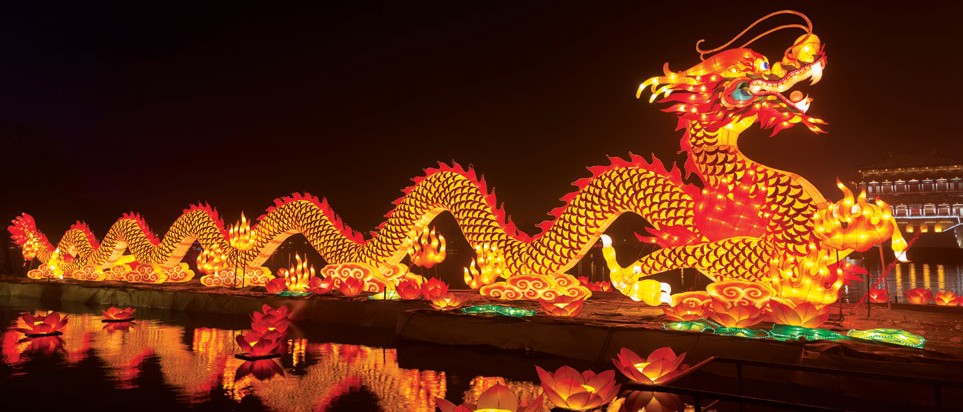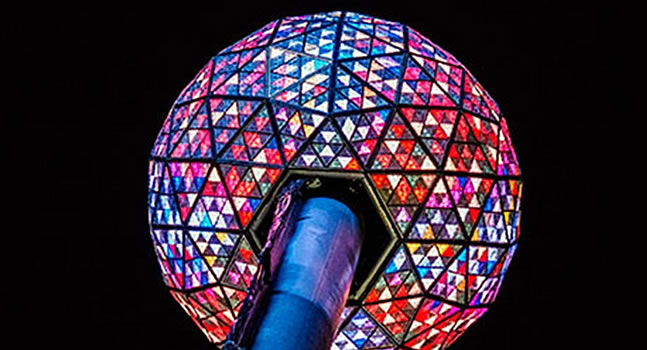 Out with the old, in with the new – we say “goodbye” to 2016 and welcome 2017 with open arms. 2016 is seen by many as a tumultuous year, to say the least, and even though it certainly wasn’t all bad many people are still ready to usher in something new and different.
Out with the old, in with the new – we say “goodbye” to 2016 and welcome 2017 with open arms. 2016 is seen by many as a tumultuous year, to say the least, and even though it certainly wasn’t all bad many people are still ready to usher in something new and different.
Did you know, however, that the New Year isn’t always at the same time depending on where you live? And we don’t mean just because of time zones –the common date is January 1st, if you follow the Gregorian calendar, that is. But the world doesn’t necessarily adhere to the same calendar, and New Year traditions are often rooted in culture that go far deeper than perspectives of time.
New Year Traditions Around the World
- Earlier this year, we discussed the Jewish celebration of Rosh Hashanah, which takes place in the fall and represents the 1st of the High Holy Days, creation, new beginnings, and the New Year for Jewish culture.
 China follows the Lunar Calendar, and celebrates the “Spring Festival” as the New Year beginning in February. A solid home cleaning, new clothes, lucky dishes, and so much more truly help set China apart in its traditional celebration. And it’s always a good idea to find out when it’s your year.
China follows the Lunar Calendar, and celebrates the “Spring Festival” as the New Year beginning in February. A solid home cleaning, new clothes, lucky dishes, and so much more truly help set China apart in its traditional celebration. And it’s always a good idea to find out when it’s your year.- We also wrote about the April New Year holiday in Thailand – Songkran. The month is brought in with more color and water than you could believe. Though the core celebration of water washing away sins and allowing for a fresh start are largely the same, you’ll find the New Year celebrated differently depending on what region you go to. Check out the linked article above to find out more!
- Fireworks, music, laughter and loudness permeate the idea of the New Year worldwide, but that isn’t always the case. In Bali, they hold a “Day of Silence” for people to reflect and meditate in the quiet even indoors – and it’s strictly observed.
 Though perhaps not much needs to be said, the USA celebrates the New Year with a bang and New York City is the iconic place for it to happen, with people gathering in mass to watch the legendary ball drop.
Though perhaps not much needs to be said, the USA celebrates the New Year with a bang and New York City is the iconic place for it to happen, with people gathering in mass to watch the legendary ball drop.- In Russia (and among other areas that hold the Orthodox New Year) they hold the Julian calendar which marks January 14th according to the Gregorian calendar as the New Year. This is deeply rooted in tradition and religion, and is held more closely to home – celebrated with family and building off of sentiment and history.
Have we missed any? Fill us in on interesting New Year Traditions that you know about. Everyone at CAI wishes you a happy 2017 and we look forward to many more in the future!

 China follows the
China follows the  Though perhaps not much needs to be said, the USA celebrates the New Year with a bang and New York City is the iconic place for it to happen, with people gathering in mass to watch the legendary
Though perhaps not much needs to be said, the USA celebrates the New Year with a bang and New York City is the iconic place for it to happen, with people gathering in mass to watch the legendary 

